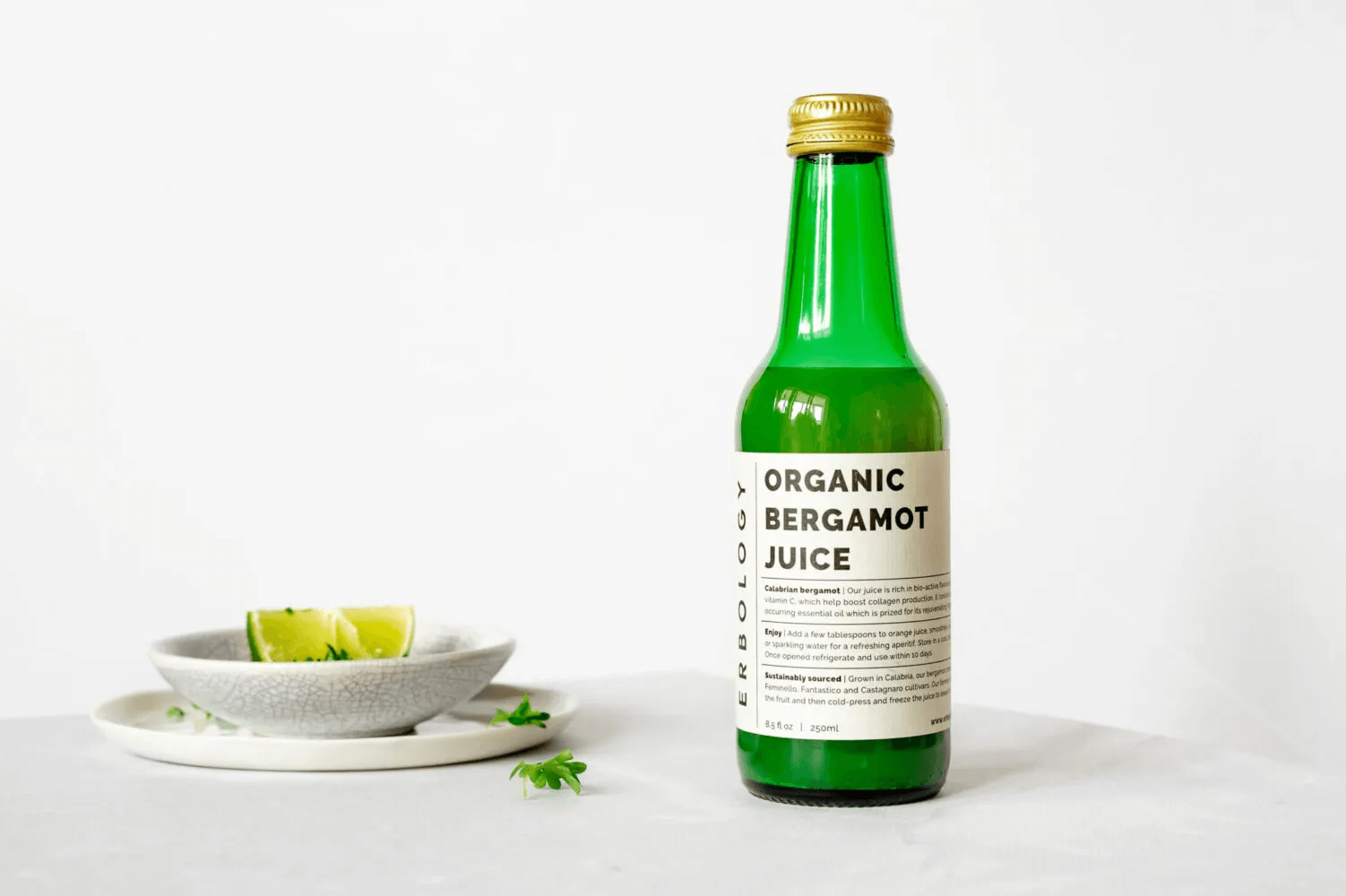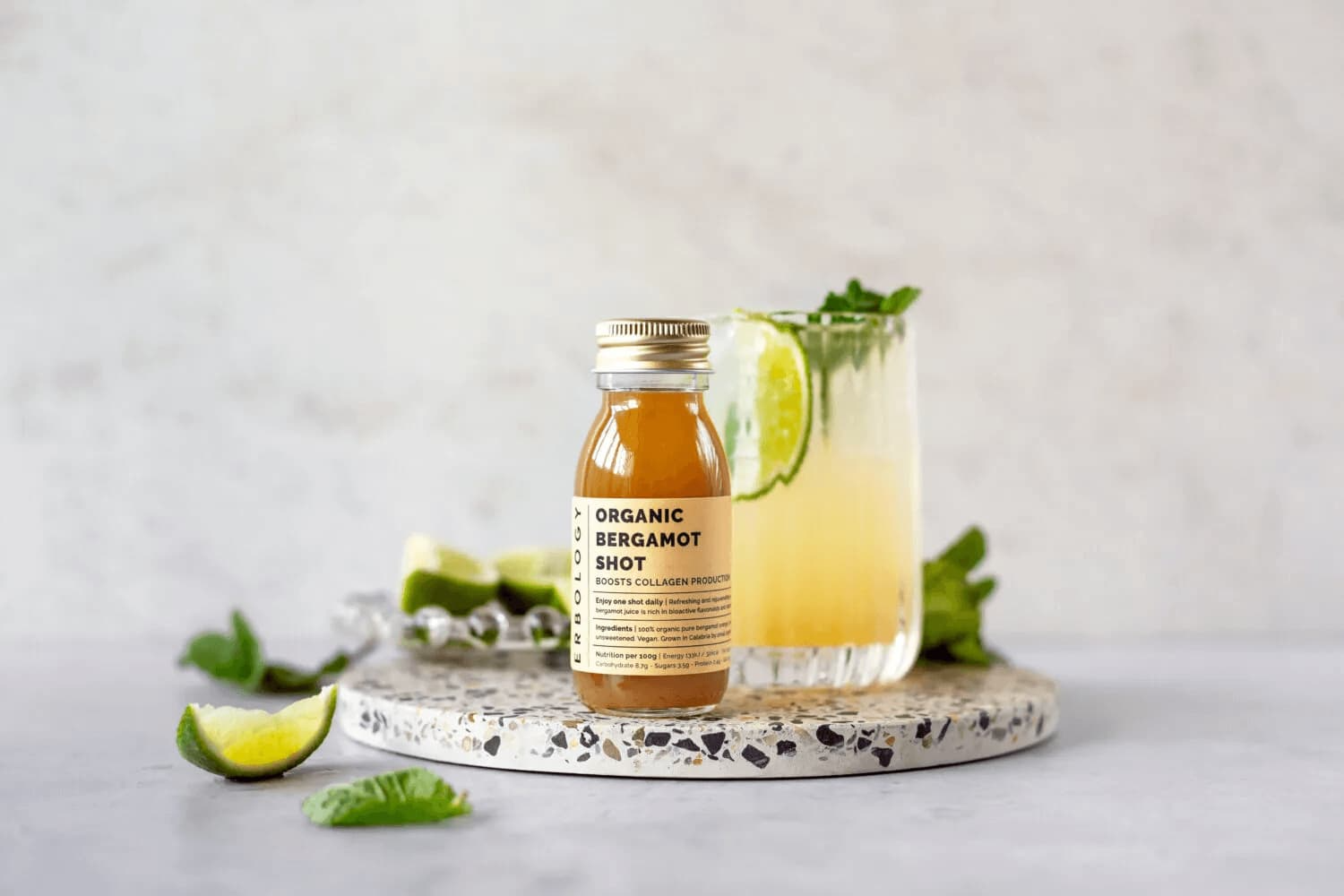04 Feb 2019
Seven rose water health benefits
A symbol of beauty, happiness and love
The Damask rose (sometimes known as the rose of castile) is perhaps the most recognisable of all variants of rose flowers. It has the classic rose shape, with its petals are tightly coiled at the centre and blooming outwards into a beautiful flower.
It's strange, then, to realise that the Damask rose is actually a hybrid of two other species: Rosa gallica and Rosa moschata. It doesn't grow in the wild, but must be carefully cultivated - and indeed, people have been cultivating this particular rose for centuries. The story goes that the name 'Damask rose' comes from Robert de Brie, a French crusader, brought the rose back to Europe following the siege of Damascus. This seems like a fittingly epic journey for such an iconic flower, and indeed modern genetics have confirmed that the rose did originate in the Middle East.
Clearly, we've been in love with roses for a very long time. In fact, our love affair with them goes back much further than the crusades, and we've been associating them with beauty, happiness and love for just as long. In fact, it is said that the ancient Romans, who used rose petals to scent their wines, collected them with the goddess of love, Venus, herself.
The scent of rose petals
Aside from the beauty of the flower, we love roses for their unique, delicate fragrance.
The origins of using rose in fragrant waters or scents goes right back to 'the cradle of humanity'. This term refers to the crescent-shaped region of land which nurses the furthest eastern reaches of the Mediterranean.
Many believe that rose water, or "hydrosol” of the rose, was first produced in modern day Iran. However, others argue that the fragrant oil and extracts come from ancient Greece. Officially speaking, the Persian physician Avicenna is credited with the invention of effectively extracting rose water from petals of the flower in the early part of the eleventh century.
Nevertheless, some scholars think that the distillation of roses for oil predates this. If so, rose water first found its way into the apothecaries of seventh century Greece before spreading into the provinces of the empire.
While rose water is made with rose petals, many people also made use of other parts of the plant, too. The fruit of the rose bush, called the rosehip, can be make into a thick, sweet syrup by boiling with water. Many believe that rosehips carry their own health benefits.
Rose water in Europe
During the crusades, Europe began to import distilled rose water. This provided a profitable source of trade for the Persians, who had been making and using it for some time. Ironically, the profits from the rose water trade helped the Persians to remain autonomous from the European invaders!
In Europe, diners at medieval banquets often used distilled rose water to wash and scent their hands. However, in other parts of the world, rose water was recognised as useful in medicine. In Egypt, Greece, China, and India, physicians saw the healing benefits of rose water and praised the plant for its remarkable properties.
Moving forward to the modern day, contemporary research seems to suggest that these physicians might have been on to something. Here are our top seven rose water health benefits.
undefined

Organic Bergamot Juice

Organic Bergamot Shots

Organic Rose Water

Organic Bergamot Juice

Organic Bergamot Shots
